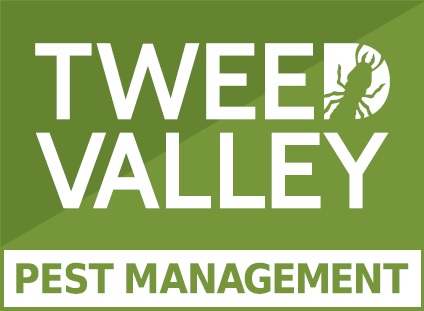Pottsville is a beautiful town with its own unique history of cane farming, project homes & good fishing. It modestly avoids the glitz of the Gold Coast and the hype of Byron Bay, making it a calm getaway that we adore as a great place to live and work. However, like any area, it has its own individual challenges when it comes to pest control. What pests regularly cause problems around Pottsville? What can residents do? We'll look at two common examples.
1. Rodents
As mentioned, we live in an area surrounded by sugar cane, which brings a whole host of pests (fun fact: the Brunswick Valley was one of the first areas Cane Toads were released…yay), which includes rats and mice.
Rats in particular present an issue because they make such a mess. A rat in a wall or roof, will chew through wiring, insulation, even timber and gyprock. This can lead to all sorts of problems including dangerous electrical fires.
What can residents do? Firstly, educate yourself. We have a free Homeowners Guide to Rodents that you can download here. Secondly, make your home less appealing! Pet food out? Cover it over or put it away when the pets aren’t feeding. Open house? Make sure doors are kept clipped shut and don’t leave garage doors open at night. Rats hate having to run out in the open where predators can pick them off, so keep trees and shrubs far enough away (3-4m) from the building to prevent rats climbing in. Finally, don’t forget that Rats can do serious damage, if you think rodents are getting the upper hand at your home, please give us a call.
2. Termites
Well of course…our little section of the east coast experiences LOTS of termite attacks on homes and property. But why especially Pottsville?
Firstly, the environment. Termites thrive in humid warm conditions. They easily build huge networks of subterranean tunnels through sandy soil as common all around Pottsville, Pottsville Beach & Black Rocks Estate. The most damaging species in our area (Coptotermes spp.) builds its nests in the root crown of trees, especially big Eucalypts like those on the hills in Koala Beach Estate.
Secondly, our buildings. The majority of buildings in Pottsville & its Estates are constructed on concrete slabs. Concrete slabs definitely have their advantages (especially when you're building on sand), however, termite management is NOT one of them. Why? Because in slab homes we are relying on the concrete to be a shield against termites. If there is a single flaw such as a crack or hole, termites can enter undetected.
If termites decide to attack a concrete slab home, they will eventually find a weak spot in your concrete slab, and there is no way to know the termites are there until they start doing damage.
To make it worse, termites are always searching for a water source to supply their tunnels with sufficient humidity for them to survive. Are there any slow drainage leaks in the plumbing under your slab home? Who knows? (Termites.) Unlike a house on posts, if there is a small leak, it is almost completely undetectable. In fact, if there is any constant moisture source, even a leaking garden tap, termites will be attracted to it.
What can residents do? The first step, is to NOT PANIC. Termites are a serious threat, but they are perfectly manageable if it’s done correctly. Secondly, get regular inspections by a professional. This is basic and everybody knows it, but we go to homes every week where people are facing 1000’s and 1000’s of dollars in building repairs because they didn’t follow professional advice.
The number one piece of Termite Management advice from the Australian Building Standard is:
AS 3660 and AS 4349.3 both recommend at least 12 monthly inspections but strongly advise more frequent inspections. Regular inspections DO NOT stop termite attack, but are designed to limit the amount of damage that may occur by detecting problems early.
Finally, please remember, a good termite inspector doesn’t just tell you if there’s termites in your home. He supplies a report that tells you what should be done to lower the risk of termite attack, any further steps to protect the building, and what you can do to maintain a Termite free home.

